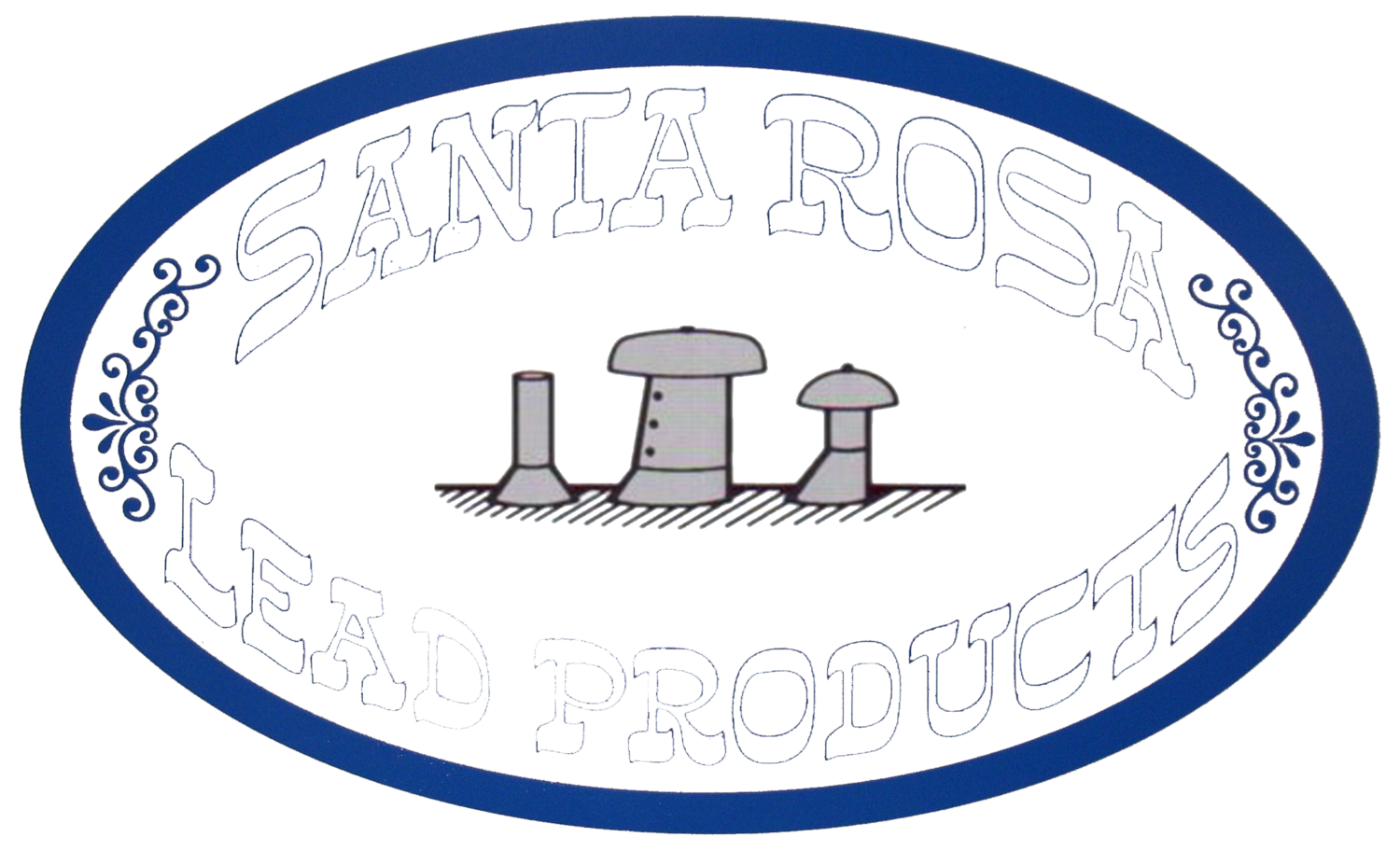Specialty Alloys of Lead
Antimonial Lead
Antimonial Lead is produced by introducing Antimony into lead. Metallic antimony is a brittle metal with a crystalline texture. Antimony is a harder metal than lead. When combined with lead, it forms an alloy this is harder and/or firmer. The percentage of antimony in the alloys is dependent on your application and/or specifications.
S.R.L.P Antimonial lead is available in sheet, extrusions, and in casting.
Bullet Alloys Pure Virgin Alloys Stock
2% Tin—6% Antimony—92% Lead
2% Tin—7% Antimony—91% Lead
20-1 Alloy—95% Lead—5% Tin
Babbitt Material
Available in 8# notch bars, packed in 50# cartons in the following types:
No. 4 Babbitt – A common hardware grade used for various non-critical, low speed applications
Universal Babbitt – Mainly for medium speed applications, such as unidirectional and moderate cyclic loads.
Genuine Babbitt – Virtually lead free. A high tin content Babbitt typically used for high speed and low-pressure applications.
Other special types and grades are available
ASTM B-23, QQ-T-390, and ASTM B560-79 Specifications.
